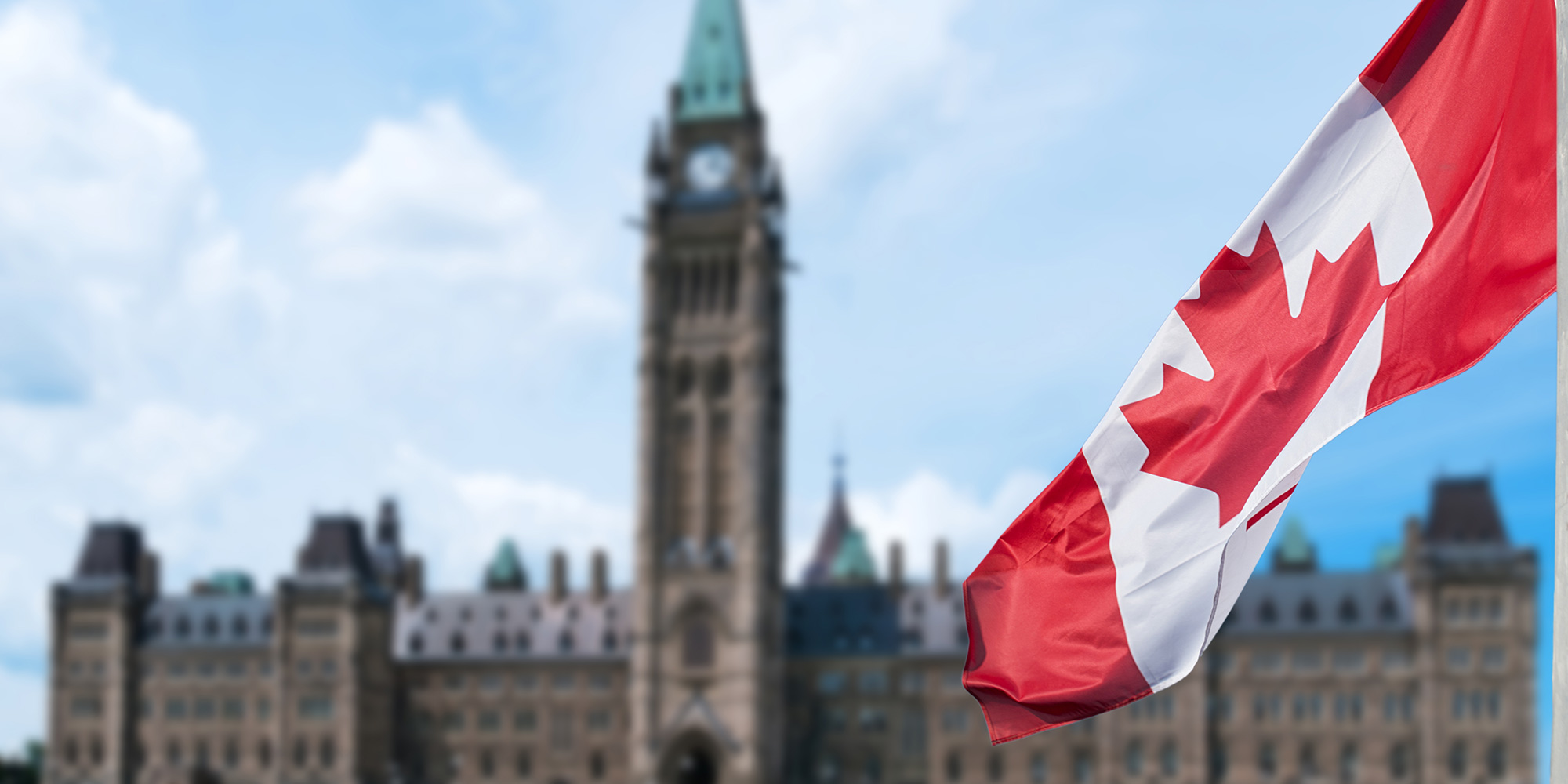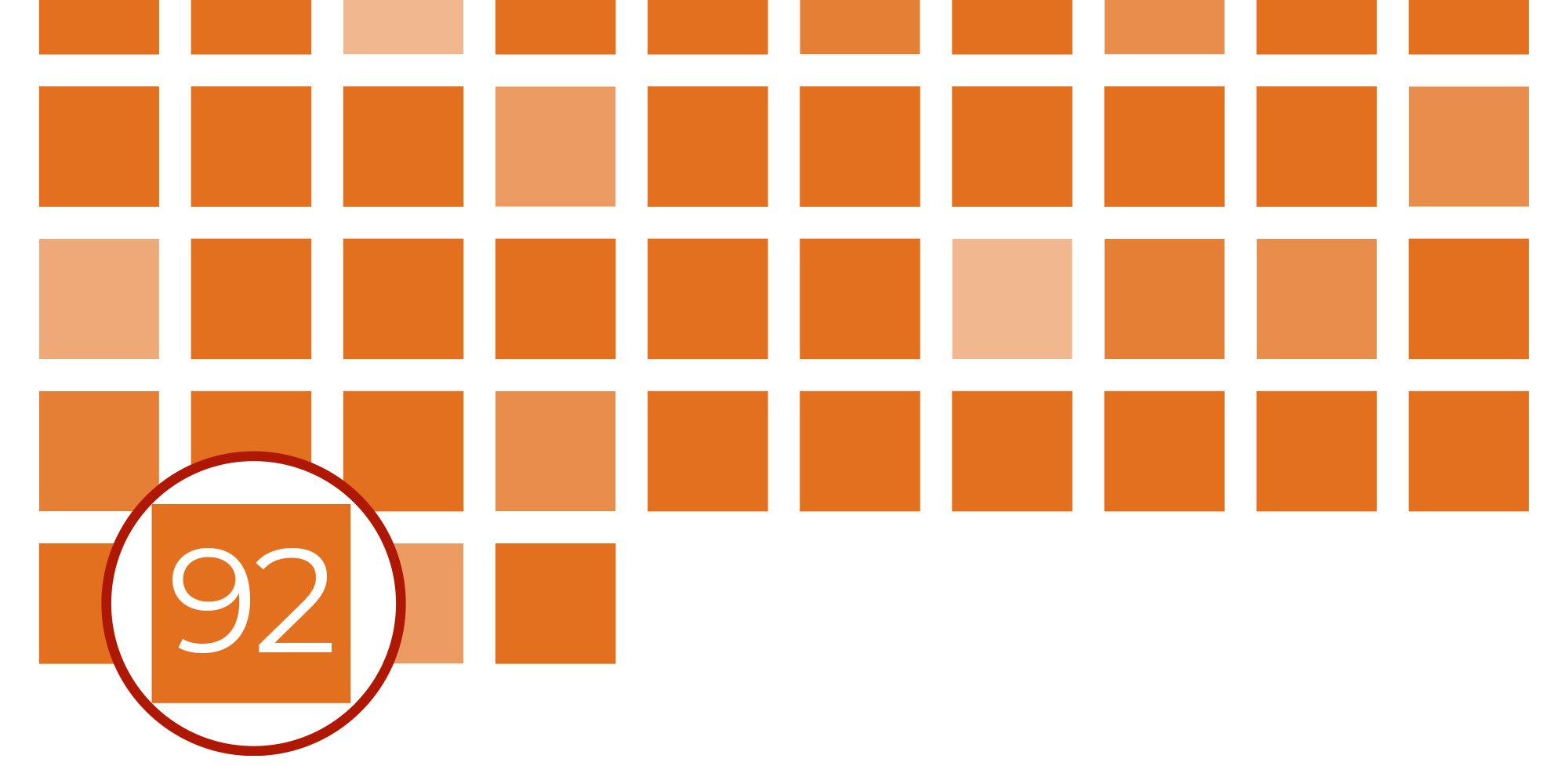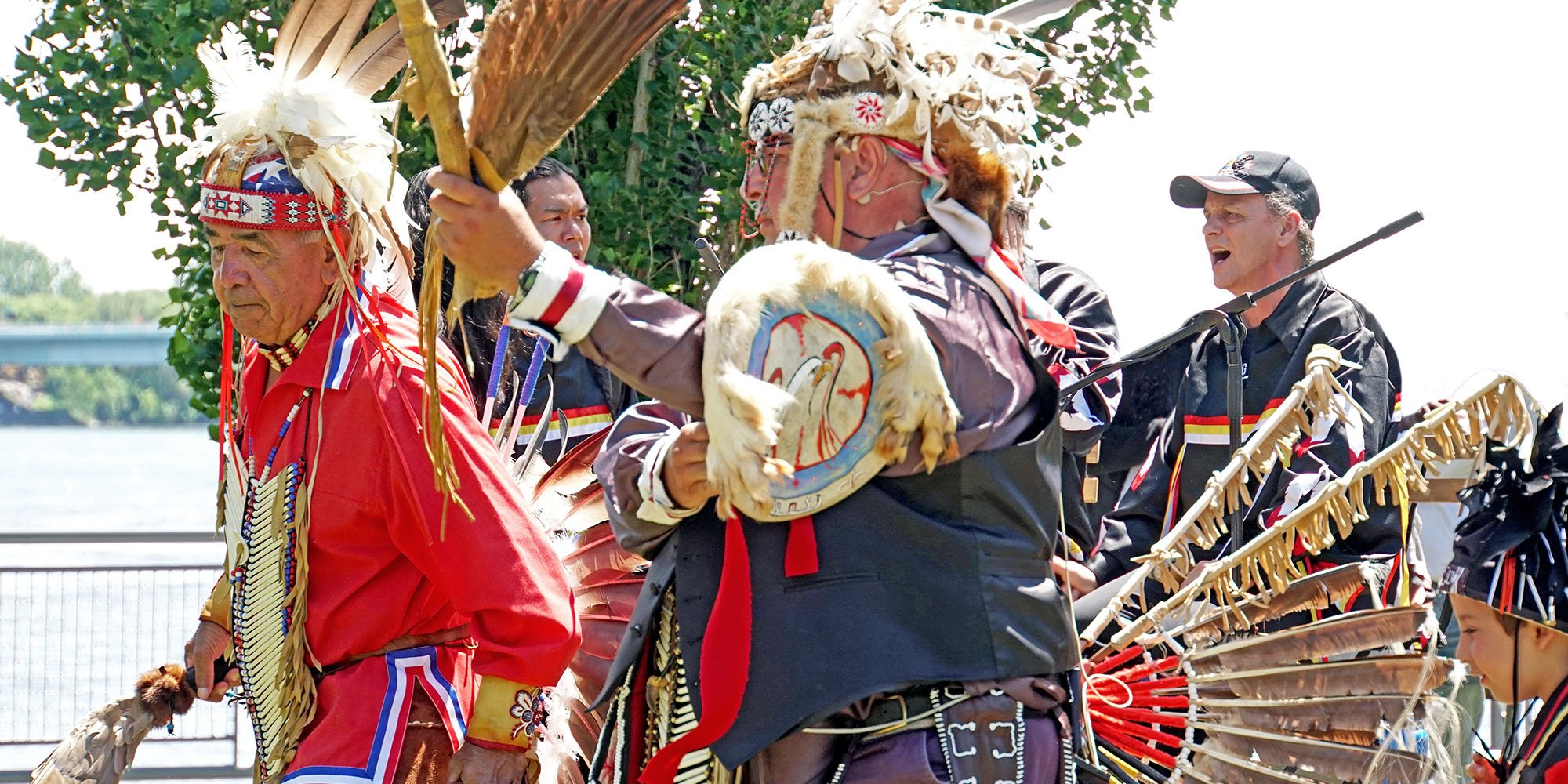Federal Gov Adopts Indigenous Peoples Terminology and Why I Am Optimistic
While listening to Justin Trudeau’s inspiring acceptance speech on the night of October 19th, 2015, I was filled with a sense of cautious optimism....
By Bob Joseph
 I recently had a chance to read the report compiled by Douglas R. Eyford titled Forging Partnerships, Building Relationships: Aboriginal Canadians and Energy Development. Mr. Eyford was appointed and commissioned to compile the report last March by Prime Minister Stephen Harper and visited more than 80 Aboriginal communities in his research forming the basis of the 54-page long report.
I recently had a chance to read the report compiled by Douglas R. Eyford titled Forging Partnerships, Building Relationships: Aboriginal Canadians and Energy Development. Mr. Eyford was appointed and commissioned to compile the report last March by Prime Minister Stephen Harper and visited more than 80 Aboriginal communities in his research forming the basis of the 54-page long report.
A couple of items in the report really resonated with me.
First, in his letter to the Prime Minister, contained in the report, Mr. Eyford makes some key observations including the need for Canada and Aboriginal communities to build effective relationships which he also stated is best achieved through sustained relationships. I love it and have been saying this myself since 1994. He identified the need to link development to a broader reconciliation agenda, that development had to be in an environmentally sustainable manner, and that Aboriginal communities should contribute to improving the socio-economic conditions of Aboriginal communities.
Second, the report contains a “Consolidated List of Recommendations” that starts on page 51. The very last recommendation in the list of recommendations caught my eye because it states:
“Canada should develop its internal capacity to engage effectively with Aboriginal groups and individuals by providing cultural awareness training for federal officials at all levels.”
I must say, this recommendation for training along with the key observation to build effective relationships through sustained engagement contained in the letter is right up my alley as these are things that I have built into all of our training programs from our Indigenous Awareness training to our Working Effectively with Indigenous Peoples® training and also our Indigenous Consultation and Engagement training. Further, I routinely deliver to Federal employees, and would like to think that I do a good job but don’t take my word for it - here are some recent testimonials from Federal employees who have taken our training.
“This training should be standard for all public servants.”
JH, Commission for Public Complaints Against the RCMP
“Packed full of knowledge, wisdom, common sense and practical tips. Useful for everyone who works with Aboriginal peoples.”
C. R., • INAC-SAO
“After working with First Nations peoples on issues for the past 10+ years I thought I was aware of the issues. Bob opened my eyes and answered questions I didn’t know I had. Well worth my time.”
R.W., • Environment Canada

While listening to Justin Trudeau’s inspiring acceptance speech on the night of October 19th, 2015, I was filled with a sense of cautious optimism....

1 min read
The report of my death was an exaggeration. Mark Twain Is reconciliation dead? Our trainers and staff frequently are asked this question, and...

The implications of choosing Indigenous are significant. In October 2015, Prime Minister-designate Justin Trudeau used the term Indigenous in his ...